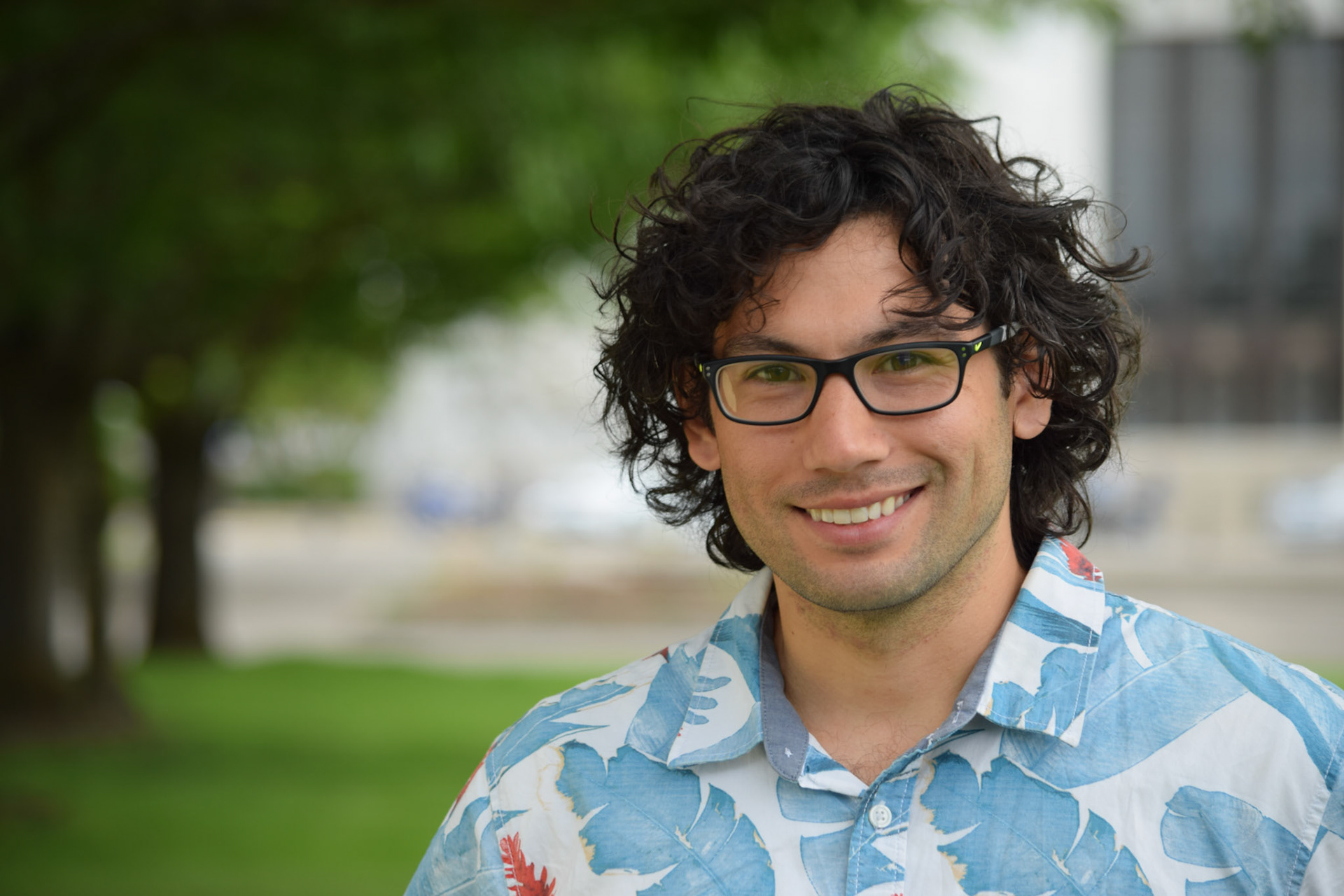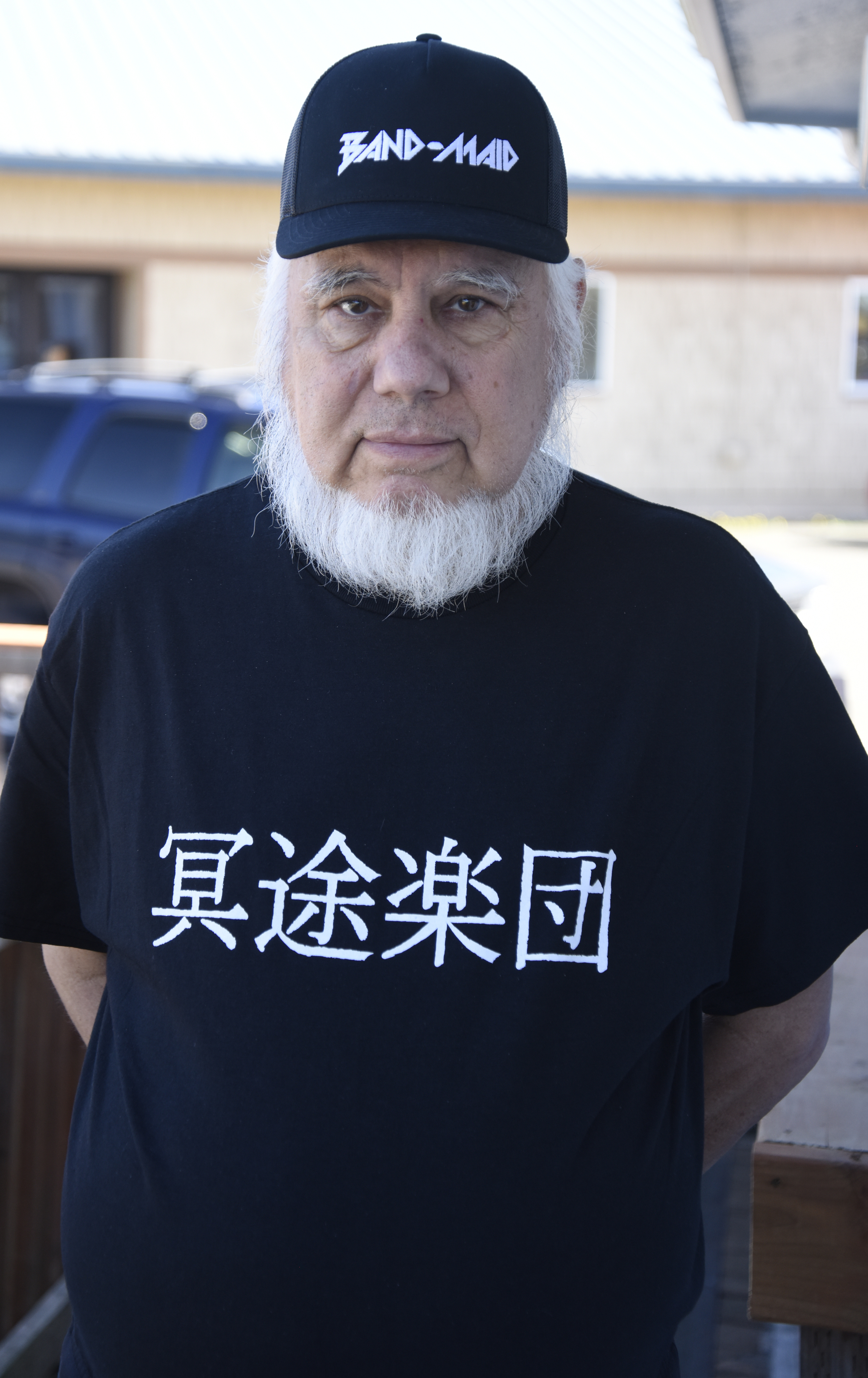- About Us
- Events & Training
- Professional Development
- Sponsorship
- Get Involved
- Resources
Indigenous Planning: Unique Planning Challenges Facing Indigenous and Tribal CommunitiesSession 5C | Thursday | 2:30 – 3:45 PM (PT)
The aim of the workshop is to build relationships and provide a platform for Indigenous community planners, practitioners, scholars, and students to come together in a generative space for relationship building, knowledge sharing, and knowledge creation that contribute toward shared goals of strengthening our communities. We will engage in conversations about the unique challenges communities face within planning practice. Using case studies from Tribes across Washington, participants will discuss topics such as water rights, the housing crisis, climate adaptation.
 James P. Miller, NCARB, RA James P. Miller, NCARB, RAWestern Washington University
James Miller (he/him/his) is an Assistant Professor, Urban and Environmental Planning & Policy. A Kanaka Maoli scholar, architect, and community planner, James runs a design lab, ’Ike Honua, centering Indigenous knowledge in building resilient communities through architectural and planning frameworks. Under the lens of climate change adaptation, James Miller’s research investigates the role of Indigenous Design Knowledge in the creation of culturally supportive environments through climate migration. Currently, James is investigating the transboundary placemaking of Indigenous communities from the Marshall Islands and the intersection of Oceanic Indigenous knowledge in building community resilience. Miller’s scholarship provides a space for Indigenous knowledge systems tied to the production of the built-environment to be recognized within fields dominated by western-centric world views. He holds a PhD in Sustainable Architecture from the University of Oregon with specializations in cultural sustainability and Indigenous design knowledge.
Margo Hill
Eastern Washington University Margo Hill, JD, MURP, is a Spokane Tribal member and grew up on the Spokane Indian reservation. She serves as the Associate Director of Small, Urban, Rural and Tribal Center on Mobility (SURTCOM). Dr. Hill served as the Spokane Tribal Attorney for 10 years and as a Coeur d’Alene Tribal Court Judge. Ms. Hill earned her Juris Doctorate from Gonzaga School of Law and her Master of Urban and Regional Planning from Eastern Washington University. Her Bachelor’s degree is in Political Science from the University of Washington. Margo Hill is faculty at Eastern Washington University where she teaches American Indian Health and Community, Understanding Addiction in Tribal Communities, Administrative Law, Community Development, Tribal Planning classes and American Indian Law. Dylan Stevenson, AICP University of Washington
Dylan Stevenson’s (Prairie Band Potawatomi descent) research examines how culture informs planning strategies and influences land relationships. More specifically, he investigates how tribal epistemologies structure notions of Indigenous futurities by centering Indigenous cultural values at the forefront of environmental stewardship and cultural preservation. He is currently working on a project researching how governments (Federal, State, and Tribal) embed cultural values in Water Resources Planning strategies, drawing from ethnographic research he conducted in the joint territory of the United Keetoowah Band of Cherokee Indians and Cherokee Nation in Oklahoma. His other research interests include ecological restoration, intangible cultural heritage, and food systems planning. Previously, Dylan has worked for public and quasi-public entities dealing with the implementation and compliance of local, state, and federal legislation in California and has forthcoming work analyzing Diversity, Equity, and Inclusion (DEI) initiatives in planning programs.
John D Tovey III, AICP
Confederated Tribes of Umatilla Indian Reservation
Planning director for the Confederated Tribes of the Umatilla Indian Reservation and Co-Chair of the Housing Production Advisory Council.
 Michael Cardwell Michael CardwellQuinault Indian Nation Michael Cardwell, FAICP, MURP, is an Elder of the Quinault Indian Nation. He has held planning positions with multiple tribal governments over the past three decades and now serves on the APA Washington Board as Tribal Planning Chair. Michael was the first Native American to graduate with the dual MPA/MURP degrees from Eastern Washington University and in 2022 was the first indigenous planner to be inducted into the AICP College of Fellows. He has mentored students and raised scholarship funds to empower the next generation of planners. In 2021, he advocated for adopton of HB 1717 by the Washington State Legislature, which now enables tribal governments to be included in planning under the Growth
Management Act.
Ben Lubbers, Associate Planner III
Tulalip Tribes My name is Ben Lubbers and I work for the Tulalip Tribes in WA state as an Associate Planner III. For the past few years I have volunteered as the communications coordinator for the Tribal and Indigenous Interest group and helped this group achieve Division status with APA in order to raise national awareness about tribal and indigenous planning issues. Before working for Tulalip I taught Planning, Communications, and Native Environmental Studies at Northwest Indian College. I am a spouse of an enrolled Tulalip Tribal member and care deeply about planning issues that can negatively impact or improve tribal communities. Because of my job with the Tulalip Tribes I am committed to identifying and working through the unique challenges that tribal and indigenous planners have to work though in order to serve their communities. Thank you!
|

